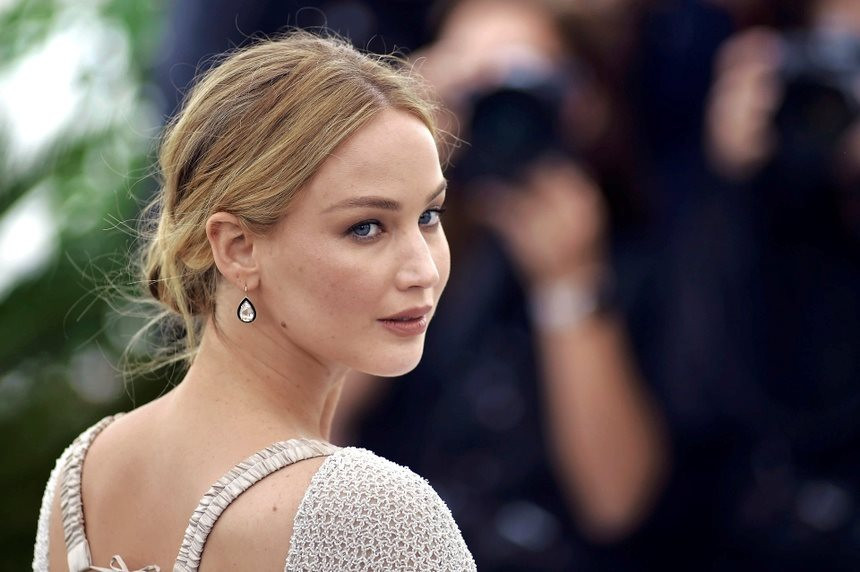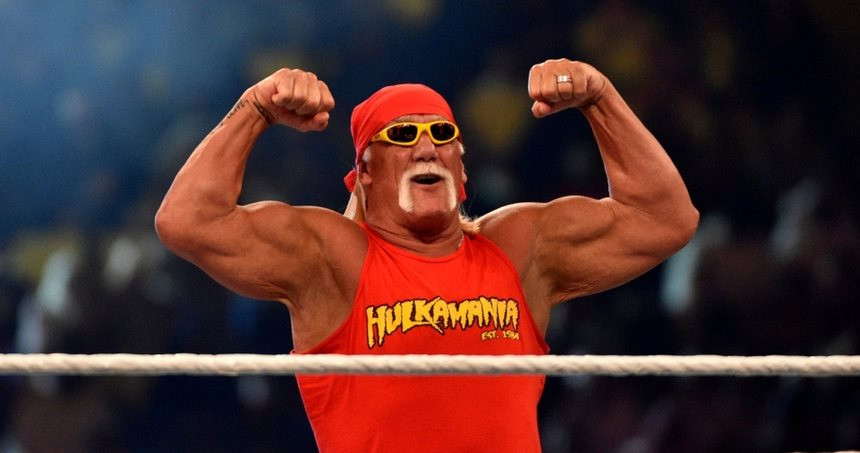"Asking for a link" when there is information about a hot clip is also a violation of other people's privacy and consent, as well as aiding rape culture.
"Anyone who sees those images is committing a sex crime. They should hang their heads in shame," Jennifer Lawrence, one of hundreds of female celebrities whose sensitive photos were leaked by hackers in 2014, told People.Vanity Fair.
When any star is rumored to have private photos or clips leaked, many people leave comments teasing, mocking, and criticizing the victim. "Please give me the link", "How long is the clip?", "Is the image clear?"... are likely to be the first comments under the posts.
This phenomenon is repeated over and over again and has almost formed a habit, a common mentality of a part of social network users: Whenever there is an incident, they ask for the link. Many people may agree that spreading a sex clip without the consent of the person in the clip is a crime both morally and legally, but few people think that searching for or viewing those images is also a form of sexual violence, participating in and reinforcing rape culture.

Distributing and sharing sensitive clips is a violation of Vietnamese law. Specifically, the act of posting hot clips can be prosecuted for the crime of "disseminating obscene cultural products" under Article 326 of the 2015 Penal Code (amended and supplemented in 2017).
Accordingly, the penalty for this crime is a fine of 10-100 million VND, non-custodial reform for up to 3 years or imprisonment from 6 months to 3 years.
In addition, the offender may also be banned from practicing a certain profession or doing certain jobs for 1-5 years. If the level is serious, the person who creates and distributes sensitive images can be imprisoned for 7-15 years.
Social networks such as Facebook and TikTok also have regulations prohibiting the sharing of sensitive images. In August 2021, a series of Vietnamese Facebook accounts were permanently locked for sharing or watching a sensitive clip related to children.
Facebook's Community Standards prohibit the dissemination of adult nudity and sexual activity, under Article 14, Section III. Additionally, Facebook emphasizes the protection of minors in Article 26, Section VI of the platform's Community Standards.
Consent and privacy are two concepts that go hand in hand to help protect a person's personal information.
Privacy is like a key, keeping information safe and intact. Consent is the agreement to give this key to someone you trust. Watching a "hot" clip without the clear consent of the participant in the clip is an act of sexual violence.
But it should be noted that consent is only valid in certain situations and periods of time, and as Lauren Duca - a journalist specializing in gender, politics and culture, wrote onTeen Voguein 2016 - is that it is not a "Costco lifetime membership card" (US retail supermarket).
With a private clip, a person consents to filming it or even sharing it with people they trust. But that doesn’t mean they consent to the clip being released and being viewed by countless people. Anyone who views the clip without the owner’s consent is violating the individual’s right to privacy.
The term “public figure” often gives people the false impression that they have complete access to and control over the lives of celebrities. But that’s not the case. Everyone has a right to privacy that is protected by law, including celebrities and those who have become famous by using their body image to make money. Even if you’ve seen a celebrity’s provocative images in a music video or movie, that doesn’t mean you have the right to see their body in a clip they didn’t consent to.
"We do not automatically have rights to other people's bodies just because they are famous or have profited from their sexuality," Duca writes.

In 2016, Hulk Hogan (real name Terry Bollea) sued the gossip website Gawker for releasing sensitive clips of him. The court ordered Gawker to pay damages.140 million USDHogan for violating the former wrestler's privacy.
Not long after, Gawker declared bankruptcy and closed its doors.
The lawsuit also helped change public perception of celebrity sex tapes.
“Finding an unapproved sex tape disregards the importance of consent and perpetuates rape culture,” Lauren Duca concluded.
Not only is it rape culture, watching, sharing, and discussing a private clip is also reinforcing other bad things: victim blaming, revenge porn. In a civilized society that respects human rights, instead of looking for a link, speculating about who appeared in the clip, we need to ask who spread the clip and what is this person's purpose.
According to Zing